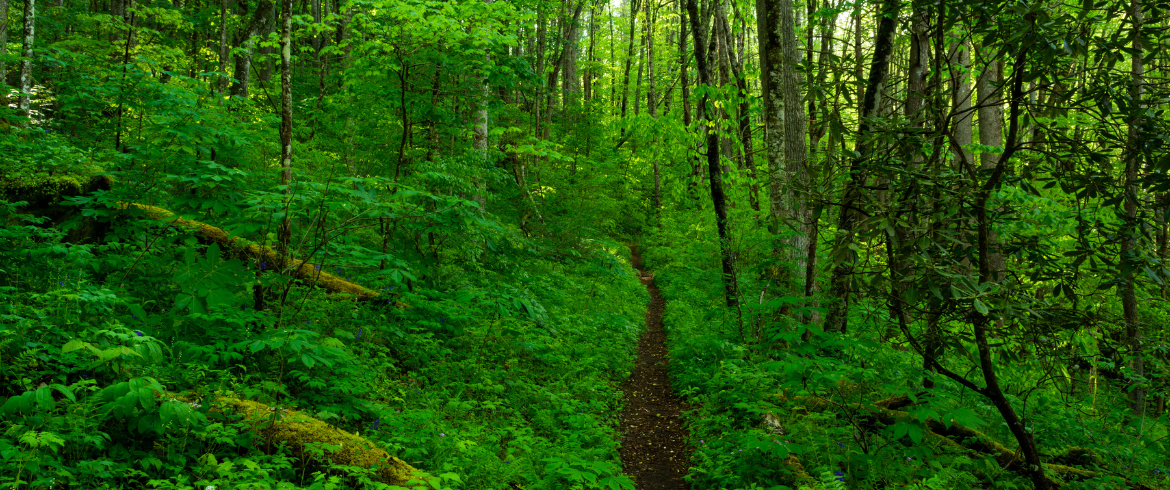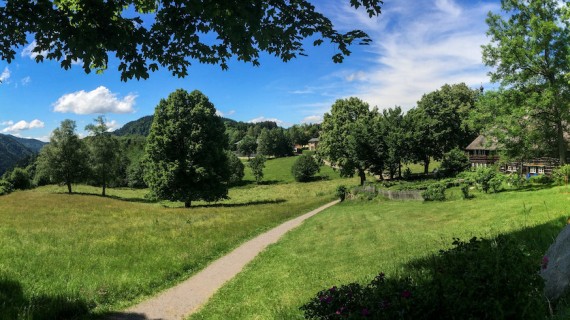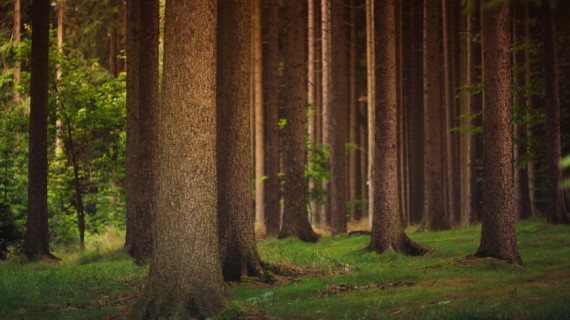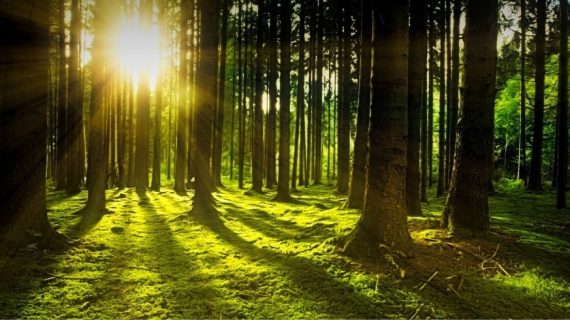The woods are not only green expanses to admire during a walk. They are vital ecosystems that play a fundamental role in the health of our planet and the well-being of all of us. From climate regulation to the conservation of biodiversity, from protecting water resources to improving air quality, forests are valuable allies in combating climate change and promoting a sustainable lifestyle: That is why it is our duty to protect the forests.
Forests and climate: a balance to be protected
Forests act as huge carbon reservoirs, absorbing the carbon dioxide in the atmosphere and thus helping to mitigate the effects of global warming. According to the UN, forests represent the second largest carbon pool after oceans.
To protect forests therefore means protecting one of the main natural tools for fighting climate change. Forests also help prevent desertification and maintain hydrogeological balance, reducing the risk of landslides and floods.
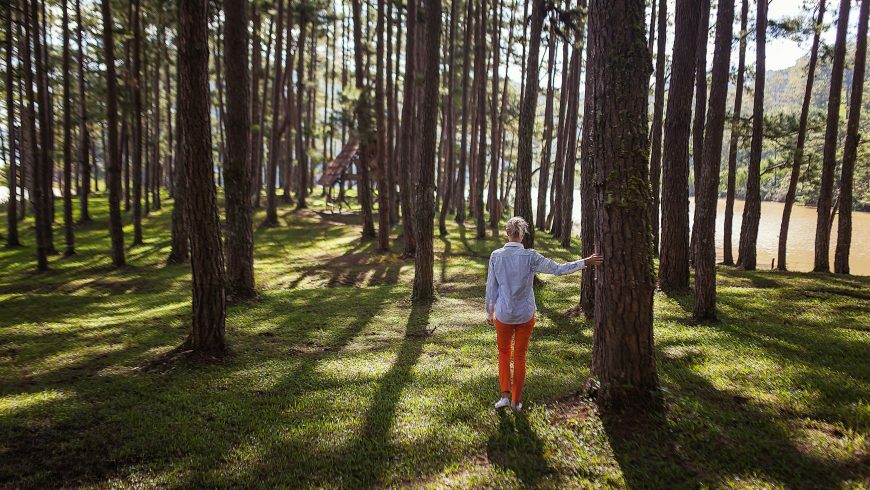
Preserve biodiversity
The forests are home to an extraordinary variety of animal and plant species, many of which are unique and irreplaceable. Habitat loss due to deforestation threatens this biodiversity, with direct consequences on the stability of ecosystems and our own survival.
Protecting forests means preserving the richness of life on Earth and ensuring the resilience of natural environments in the face of future challenges.
Urban forests: green oases in cities
Even in urban areas, forests play a crucial role. Urban forests, which often arise spontaneously in abandoned or untended areas, contribute to improving air quality, reducing the “heat island” effect and providing wellness spaces for citizens.
Integrating nature into the urban fabric is not just an aesthetic choice, but an effective strategy to make cities more livable and resilient.
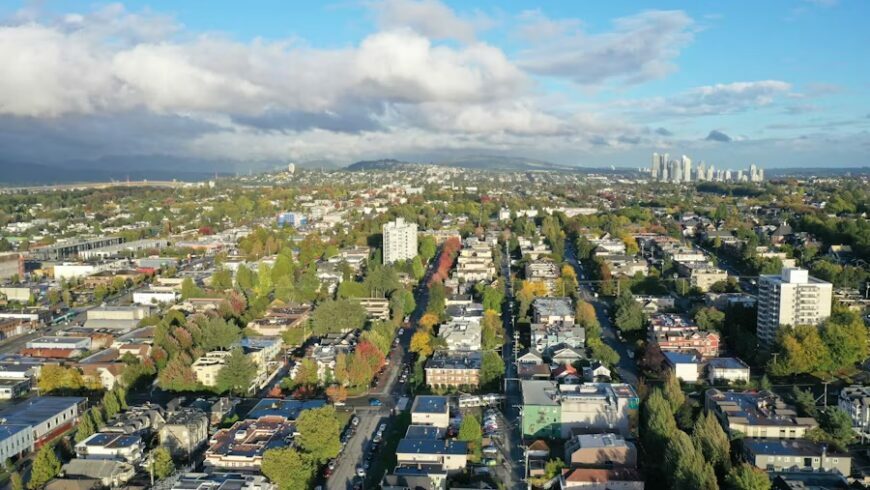
The secular forests project of Ecobnb
To face the environmental challenges, Ecobnb has launched the project of the secular forests, starting with the Millesimo forest, in the province of Savona.
This project aims to create forests of high ecological value, not just plantations or forests for controlled logging, but ecosystems rich in biodiversity.
The trees, like oaks and chestnuts, are cared for to grow naturally and become secular forests, Contributing to the fight against climate change and providing safe habitats for wildlife.
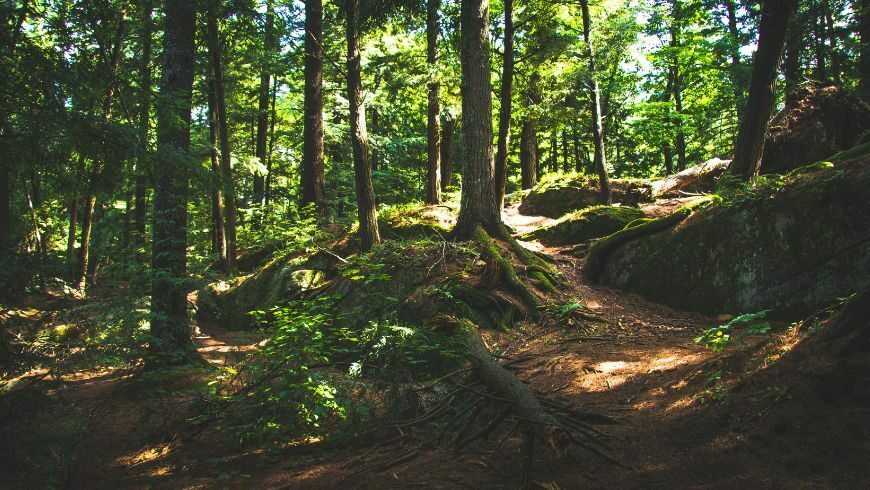
Protecting forests is a collective responsibility that requires the commitment of institutions, communities and individuals. Every gesture, even the smallest one, can help to safeguard these precious ecosystems. Choosing sustainable products, participating in reforestation initiatives or simply respecting nature during our excursions are actions that make the difference.
Cover image: photo by Irina Iriser from Unsplash
